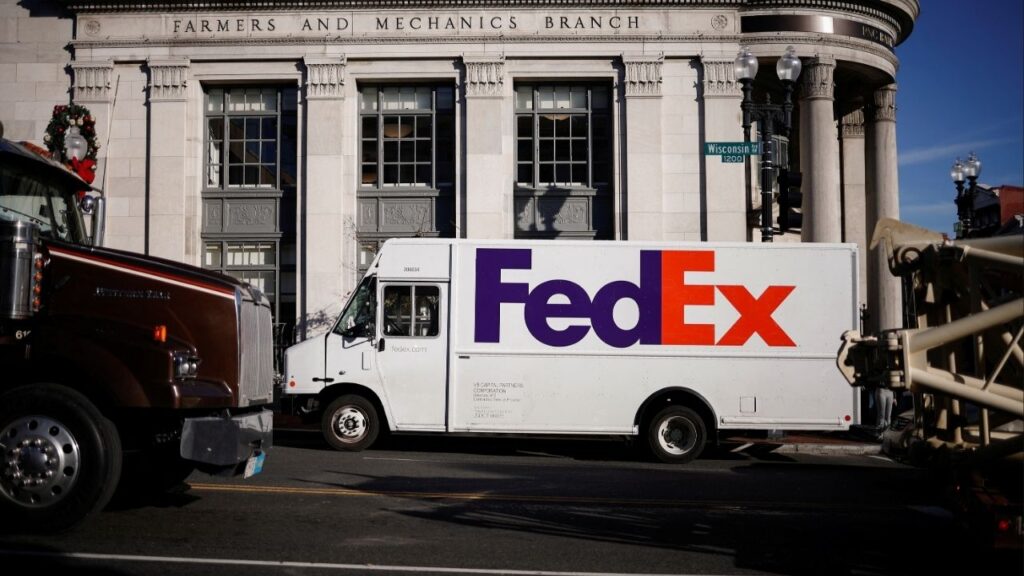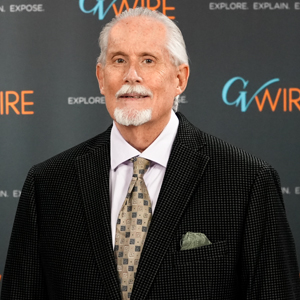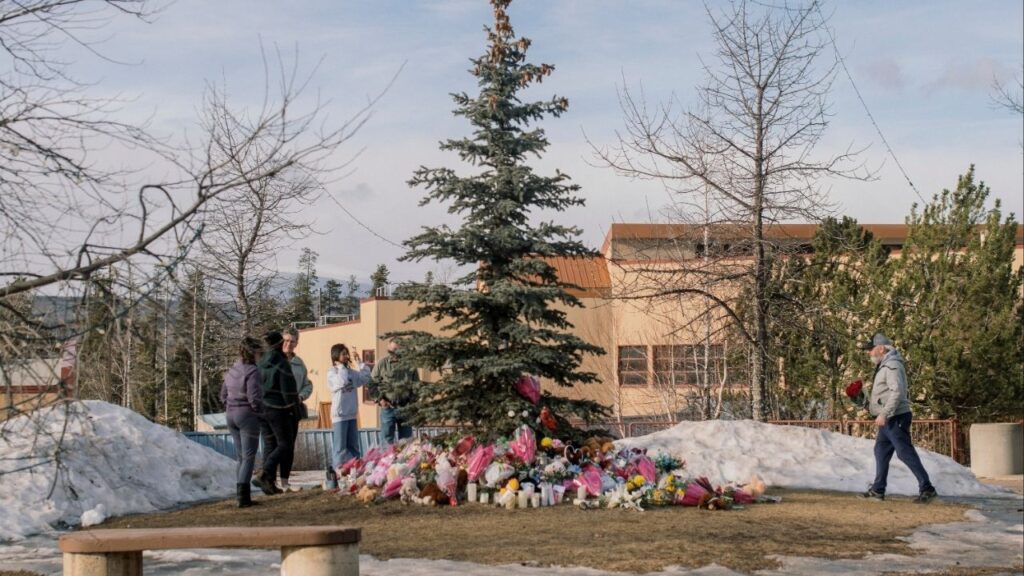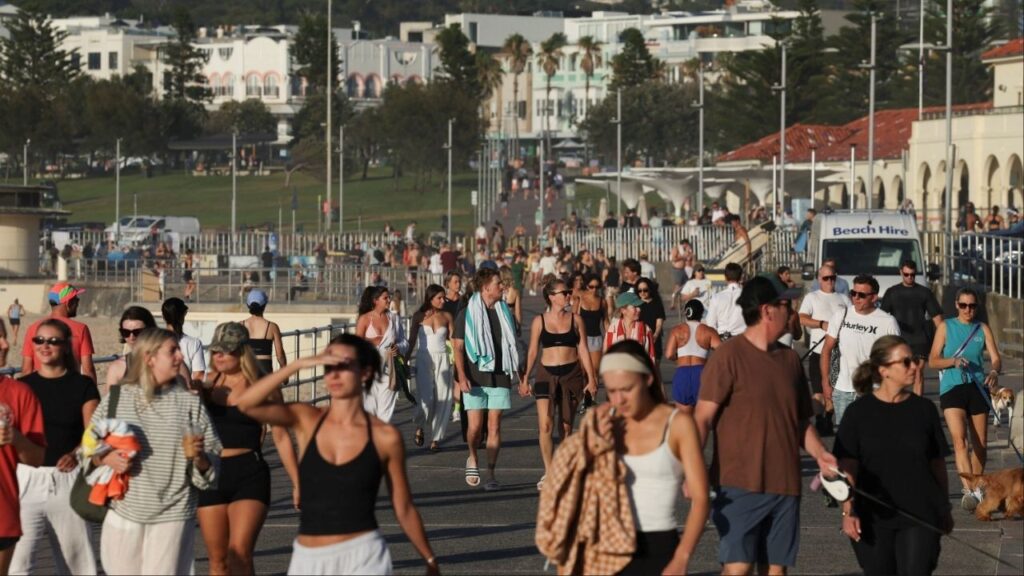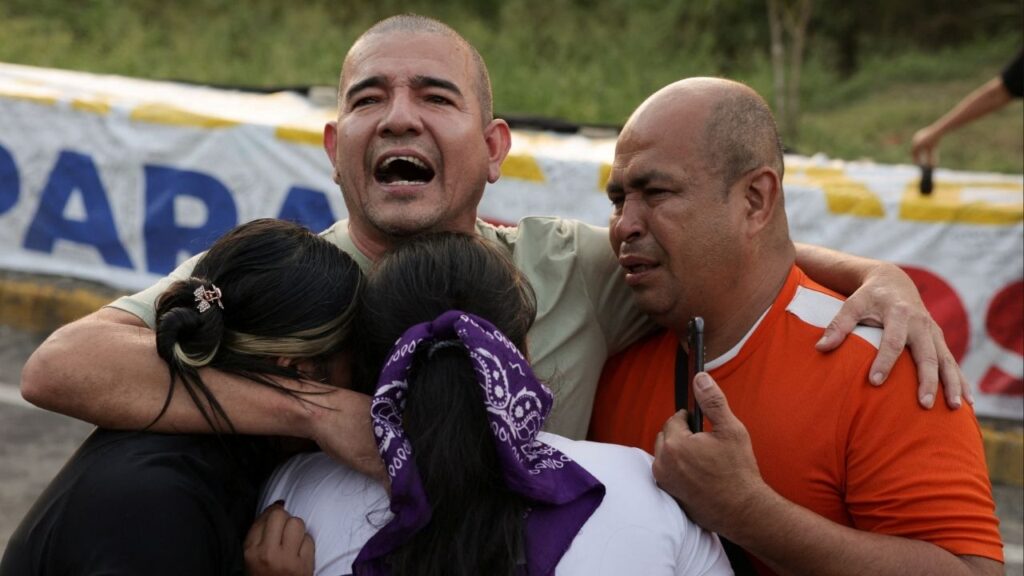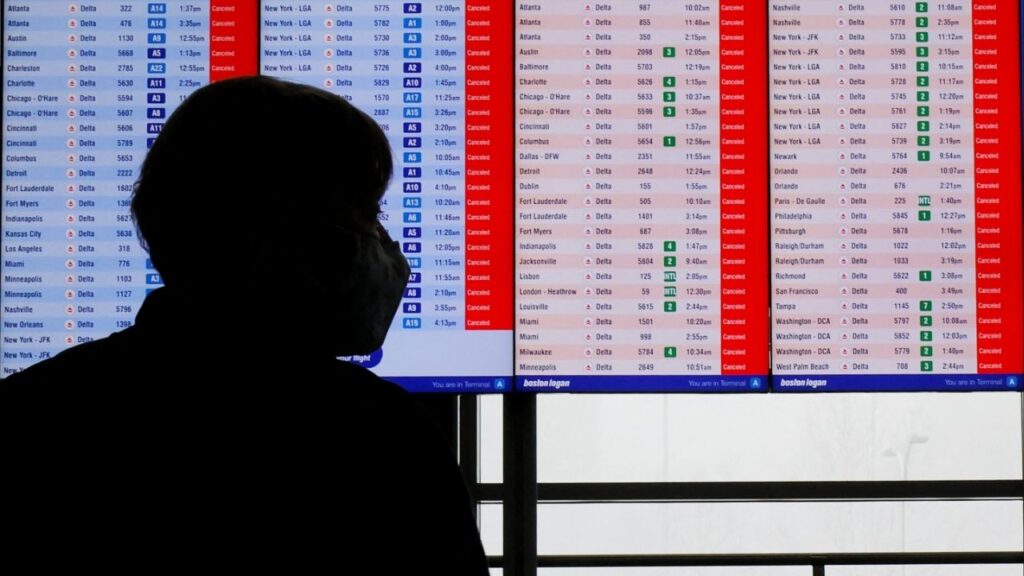Share
Mark my words, Fresno’s trash-littered freeways will get cleaned up.
But, to what degree they are restored in a manner that reflects well on our city depends, in part, on the state Legislature and Gov. Gavin Newsom.
Listen to this article:

Bill McEwen
Opinion
It was the second public meeting on freeway trash. A third is expected in six weeks.
More Clean-up Crews Coming Soon
The first bit of good news comes via Caltrans, the folks in charge of your Measure C transportation sales tax dollars, and the city of Fresno.
Caltrans is putting up $200,000 to scrub the Freeway 41, 99, 168 and 180 corridors every 30 days, with Measure C and the city of Fresno kicking in $100,000 each. Four companies have submitted bids and one will be selected sometime in October. Crews are expected to start in mid-December, Fresno Public Works Director Scott Mozier said.
More good news: There is a commitment by the three parties to fund the crews for a second year. Credit former Fresno councilman turned supervisor Steve Brandau for pushing for the Measure C money. And, Caltrans is making headway on restoring landscaping destroyed by the drought and fires.
Now, a brief history lesson.
Why do many of our freeway embankments look like trash heaps?
Homeless encampments are responsible for much of the mess. Some homeless people camped high on the embankments simply accumulate their personal garbage there. Then it’s blown by the wind or rolls down toward the roadway. Other homeless people raid Dumpsters for bags of trash and bring the bags to the encampments. Then they sort through the bags seeking items of value. Everything deemed worthless is left to blow or roll.
Can a Succesful Program Be Restored?
In addition, crews comprised of low-level adult offenders no longer clean up behind the homeless. At one time, 10 to 15 people were working Fresno County highways Monday through Friday and up to 20 on weekends, said Fresno County Chief Probation Officer Kirk Haynes.

“That was a good program. Given a choice between five days of work vs. five days in jail, most people prefer to do the work.” — Fresno County Probation Chief Kirk Haynes
The reason they’re not out there tidying up now: The county no longer wanted to bear the cost for liability insurance.
Now at the behest of Fresno City Council members Garry Bredefeld, Paul Caprioglio, and Miguel Arias, the city will try to revive the program by paying for the insurance — possibly in partnership with Caltrans.
“This is doable,” Bredefeld said.
A Failing Grade for Highway Cleanliness
For those wondering just how bad the litter/trash/debris situation is, Caltrans officials said that on a scale of 1 to 100, Fresno highways rate a 50 for cleanliness.
That’s an “F” in anyone’s book.
As to the why of this ugly situation, look north to Sacramento. Newsom — and Jerry Brown before him — have squeezed Caltrans highway maintenance budget like a toothpaste tube. Right now, it’s rolled up to the top and down to the last couple of drops.
Where our local Caltrans office once received $40 million a year for highway maintenance, this year’s budget delivered $12 million. What kind of sense does that make with Newsom and the Democratic-dominated Legislature bragging about California’s No. 5 global economy, a record budget, and record reserves?
Granted, some politicians rightfully are reluctant to fully fund Caltrans until the scandal-plagued agency cleans up its act. But citizens wanting clean and green roadways shouldn’t be penalized for past Caltrans sins.
Next Measure C Should Include More Highway Clean-up Funds
Also, here in Fresno County, we can do a better job of allocating Measure C dollars so that the highways and roads are built and kept litter-free.
Looking ahead to the mid-2020s when the push to renew Measure C will begin in earnest, Arias said, “We need to have an honest conversation about how Measure C is used.”
Finally, it was refreshing to see our elected representatives working collaboratively, calmly, and efficiently. Even with TV cameras focused on them, there was no grandstanding.
Good job, all around.
RELATED TOPICS:
Categories
